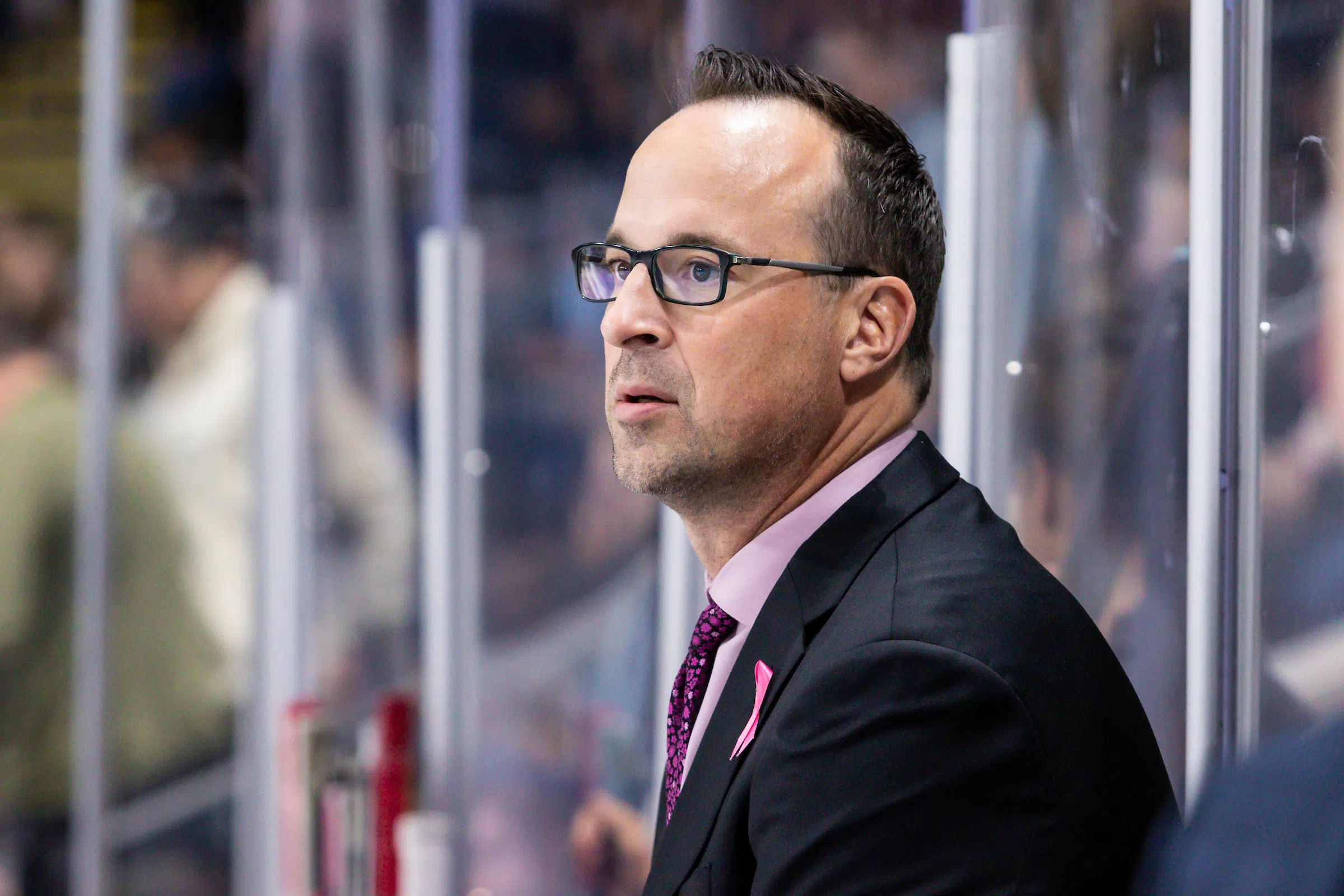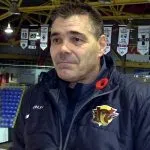
NCAA Clears Path for CHL Players
It’s clearly a win for Western Hockey League players.
Some suggest it’s also a victory for major junior hockey.
Historically, players in the CHL were ineligible for NCAA competition if they received a stipend or other financial assistance, which was often the case in junior hockey to help players cover living expenses, education, and travel costs. That all changed last week when the NCAA announced that it would adjust its eligibility rules for players coming from the Canadian Hockey League, allowing them to retain their NCAA eligibility.
The big question remains, to what degree will this impact WHL players?


Comments